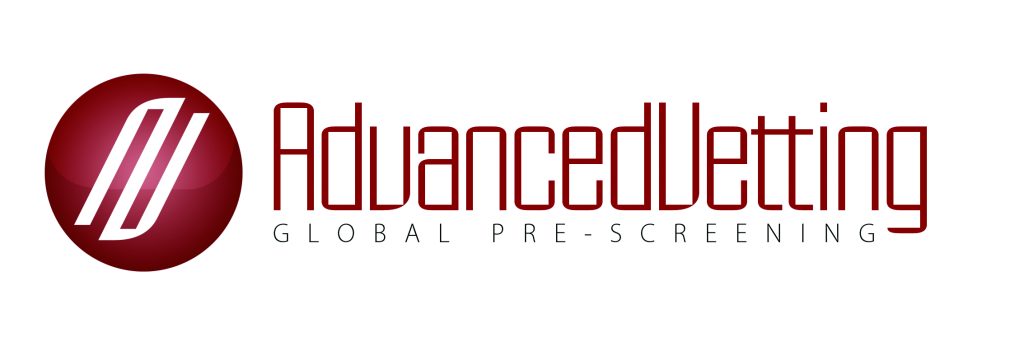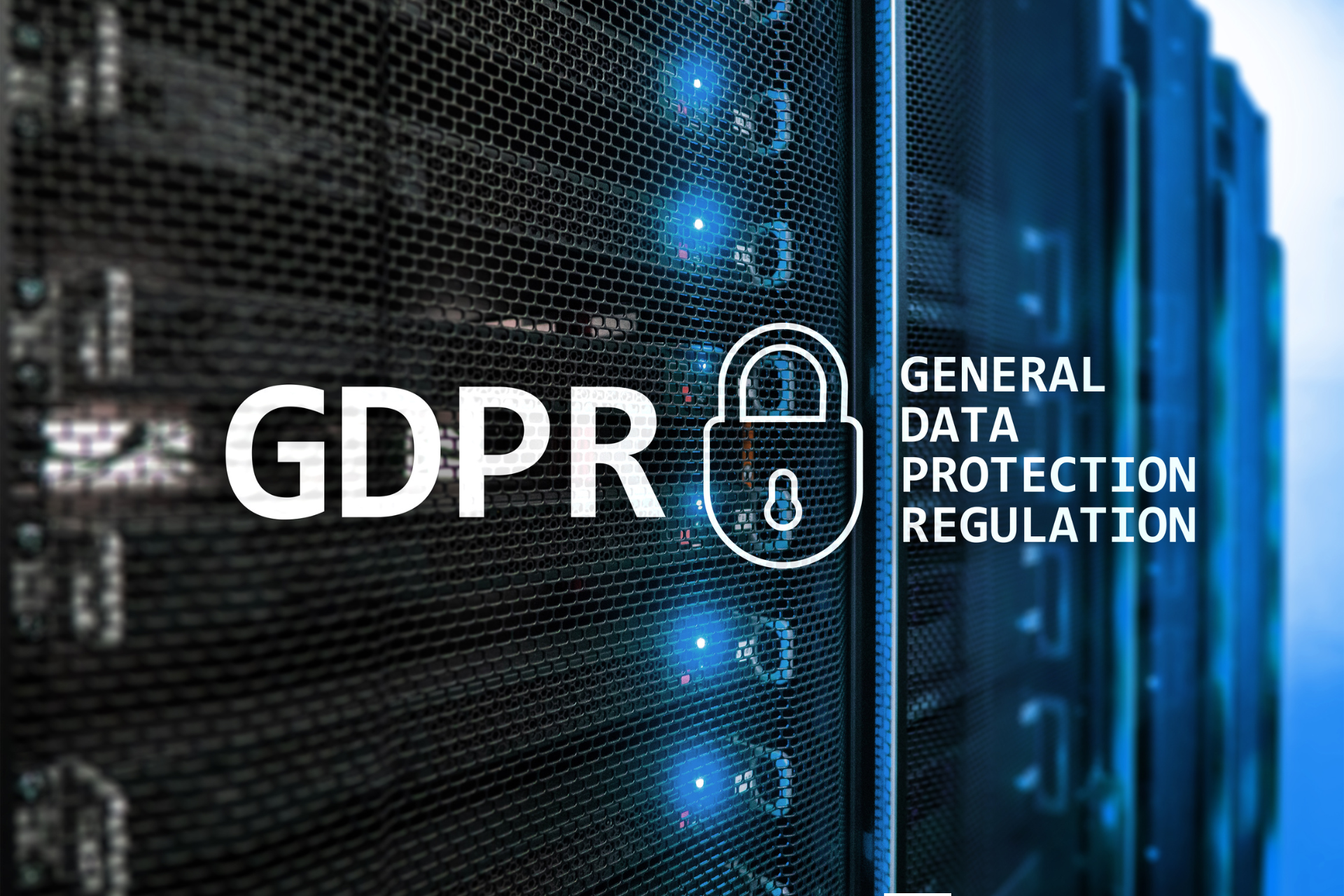A vetting interview can feel like stepping into the spotlight, where your past experiences and credentials are examined with a fine-tooth comb. While this process might sound daunting, it’s an essential step in industries that prioritise trust, security, and transparency. Whether you’re applying for a high-stakes government position, a sensitive role in finance, or a job requiring extensive background checks, understanding what to expect in a vetting interview can help you approach the experience with confidence.
This guide breaks down the purpose of vetting interviews, the questions you might encounter, and how to prepare effectively. By the end, you have a clear picture of what’s ahead, plus actionable insights to help you navigate the process smoothly.
What Is a Vetting Interview?
A vetting interview is part of an organisation’s security vetting process. A vetting officer conducts the interview to assess an applicant’s suitability to access sensitive information or assets. This interview is part of the broader national security vetting procedure. It may include background checks, criminal record searches, and financial assessments.
Why Are Vetting Interviews Necessary?
Vetting interviews play a crucial role in protecting national security by thoroughly assessing an individual’s reliability and trustworthiness. These interviews identify any potential security risks that could compromise sensitive operations or classified information.
Beyond risk assessment, vetting interviews ensure compliance with stringent government security requirements. They act as a safeguard, helping organisations maintain the integrity of their workforce while upholding critical security standards.
What Levels of Security Clearance Require a Vetting Interview?
In the UK, there are several levels of security clearance, each with its own vetting requirements:
Baseline Personnel Security Standard (BPSS)
This is the most basic level of clearance. It ensures an individual’s identity and right to work in the UK while verifying criminal and employment history.
Counter-Terrorist Check (CTC)
This clearance level is required for roles with access to sensitive locations. It assesses risks related to involvement in terrorist activities.
Security Check (SC)
A more advanced level of vetting that evaluates an individual’s background, financial history, and personal connections to assess suitability for positions involving classified information.
Developed Vetting (DV)
The highest level of clearance. This involves an in-depth investigation into an individual’s life to ensure suitability for roles with top-secret access.
Vetting interviews are typically required for higher clearance levels, such as SC and DV. The DV clearance, being the highest level, involves the most intrusive and comprehensive vetting process.
Who Conducts Vetting Interviews?
Trained vetting officers from United Kingdom Security Vetting (UKSV) or other authorised security units carry out this task on behalf of several government departments, including the Ministry of Defence.
What Questions Can I Expect During a Vetting Interview?
Pre-employment screening covers a wide range of topics related to your personal circumstances, professional life, and background. Some areas that can be explored include:
- Personal history and family background
- Education history and employment reference checks
- Financial situation and any debts
- Criminal record checks (if applicable)
- Personal relationships and associations
- Travel history, particularly to countries of security concern
- Political affiliations
- Substance use (alcohol and drugs)
- Sexual behaviour (for DV clearance)
NOTE: The specific questions asked will depend on the level of clearance you’re applying for and the nature of the role you’ll be undertaking.
How Should I Prepare for a Vetting Interview?
To prepare for your vetting interview:
- Review your application and security questionnaire thoroughly
- Gather relevant documentation, such as your National Insurance number and financial records
- Reflect on your personal history and be prepared to discuss it openly
- Consider any potential areas of concern in your background and be ready to address them honestly
What Is the Vetting Officer Looking For?
The vetting officer’s primary goal is to evaluate your honesty, integrity, and overall reliability. They assess whether you can be trusted to handle sensitive information or responsibilities without compromising security. Factors such as your trustworthiness and consistency in providing accurate information play a significant role in this evaluation.
Additionally, the officer examines any vulnerabilities that could make you susceptible to pressure or blackmail. They also look at potential conflicts of interest that might arise from your personal or professional connections.
NOTE: The point of the interview is not to humiliate or judge. The information remains confidential.
How Long Does a Vetting Interview Typically Last?
The duration of a vetting interview can vary depending on the level of clearance and the complexity of your background. Generally, interviews can last anywhere from one to several hours. DV may require multiple interviews.
What Happens After the Vetting Interview?
Following the interview, the vetting officer will compile a report and make a recommendation. The decision on whether to grant clearance is made on a case-by-case basis, considering all relevant information gathered throughout the vetting process.
What if I Feel Uncomfortable During the Interview?
It’s natural to feel some discomfort during a vetting interview due to its intrusive nature. However, vetting officers are trained to conduct interviews professionally and sensitively. If you feel extremely uncomfortable, you can request a break or ask for clarification on any questions that concern you.
Can I Appeal a Negative Decision?
Yes, you can typically appeal the decision if your clearance is denied. The process may involve an internal review at a higher level. Your employer or the organisation requiring the clearance should explain the appeal process to you.
How Often Do I Need to Undergo Vetting?
Security clearances are not permanent and require periodic renewal. The frequency of workforce rescreening depends on the level of clearance. For example:
- SC clearance – Typically reviewed every 5-10 years
- DV clearance – reviewed more frequently. It shouldn’t be more than every 7 years.
Are There Any Legal Protections During the Vetting Process?
Yes, the vetting process is governed by various laws and regulations. All applicants are treated impartially and consistently, irrespective of race, colour, nationality, ethnic origin, gender, marital status, sexual orientation, or religion.
How Can I Ensure a Smooth Vetting Process?
To ensure a smooth vetting process:
- Be open and honest throughout the entire process
- Provide all requested information promptly and accurately
- Disclose any potential issues upfront rather than waiting for them to be discovered
- Maintain a positive attitude and understand the importance of the vetting process for national security
What if My Circumstances Change After Obtaining Clearance?
If your circumstances change significantly after obtaining clearance (e.g., marriage, financial difficulties, criminal charges), you must inform your security unit or vetting officer. Failure to do so could result in your clearance being revoked.
Succeeding in Your Vetting Interview
Vetting interviews are an essential part of UK security vetting processes, designed to protect sensitive information and assets. While the process can be intrusive and sometimes uncomfortable, it’s crucial to approach it with honesty, openness, and a clear understanding of its importance. By knowing what to expect and how to prepare, you can confidently navigate your vetting interview.
Remember, the vetting process isn’t designed to catch you out. It ensures that those with access to sensitive information are trustworthy and reliable. By being prepared and honest, you’ll be well-positioned to complete your vetting interview and obtain the necessary security clearance for your role.
Getting Support from Advanced Vetting
If you have questions or require support with any aspect of the vetting process, don’t hesitate to contact Advanced Vetting. Our experienced team can provide guidance, advice, and resources to help you succeed at every stage of your security clearance journey.






